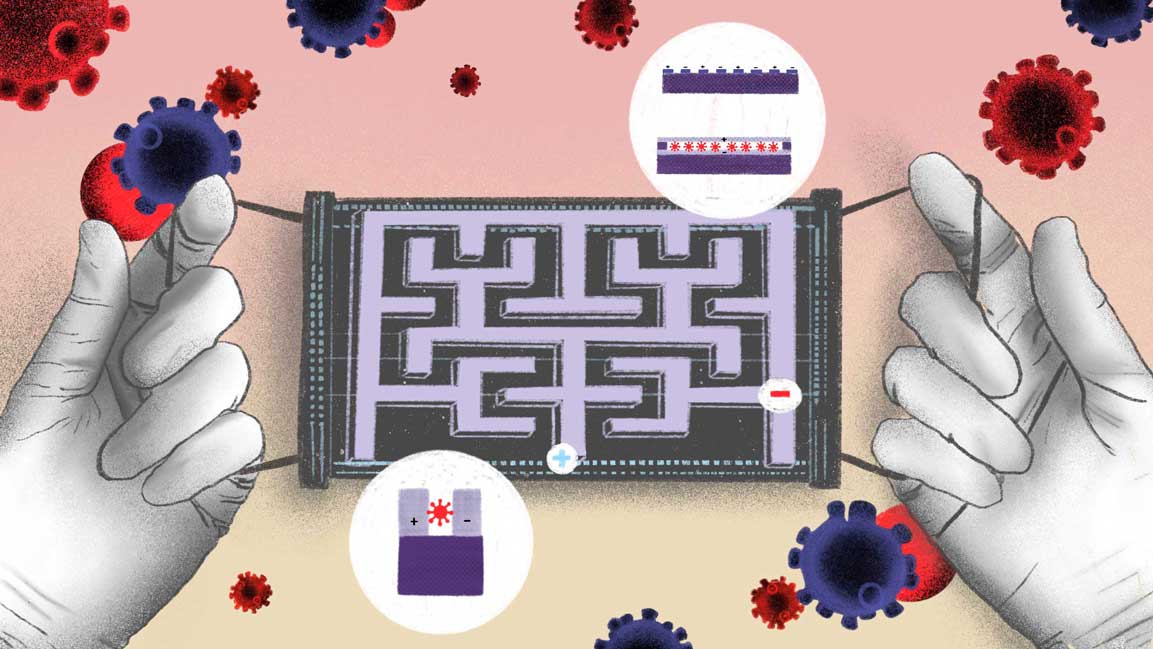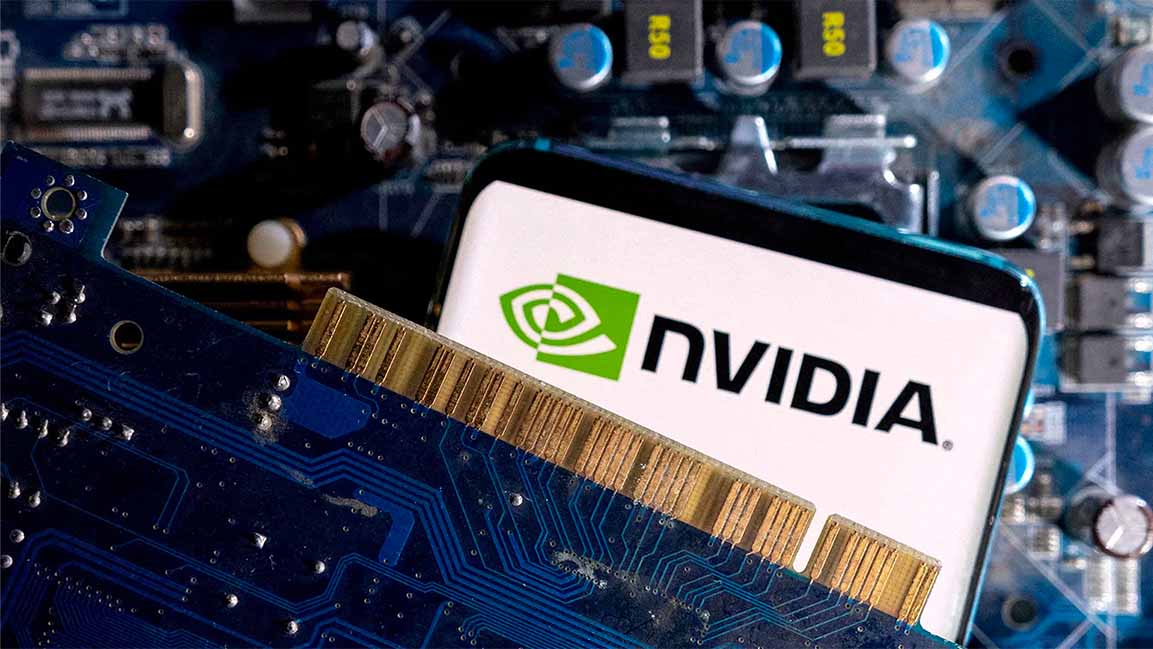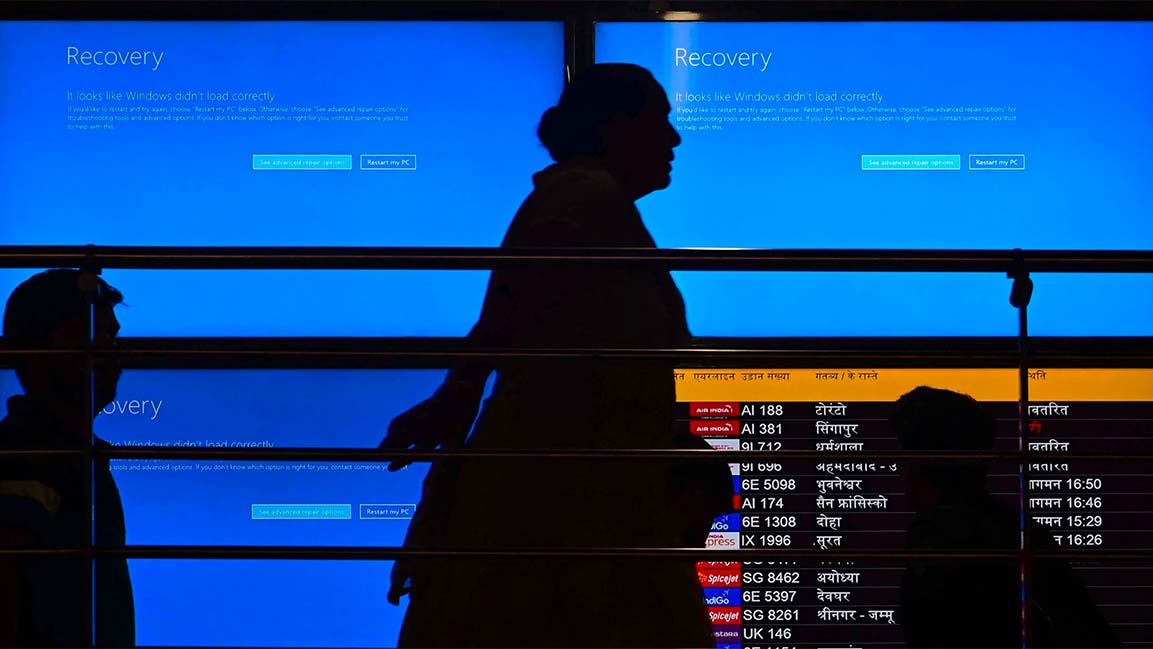- | 9:00 am
He developed a mask that can destroy COVID-19 virus. This UAE-based researcher is onto another big idea

The mission to eliminate COVID-19 began nine years before the pandemic struck for the Palestinian-born, UAE-based researcher. For years, his premise was detecting, preventing, and eliminating viruses through electricity. So, when the global outbreak set off, Dr. Mahmoud Al Ahmad, Associate Professor of Electrical and Communication Engineering at the UAE University, was the least bit overwhelmed. Upgrading his work to the context of coronavirus was his utmost priority.
With approximately 30 registered US patents, Al Ahmad has a Ph.D. in Electrical Engineering from the Munich University of Technology, Germany, and has worked previously at King Abdullah University of Science and Technology (KAUST), Laboratory for Analysis and Architecture of Systems, France, and the University of Texas, among others. This focus – to understand viruses in electric suspensions – came in handy.
This remit was “complete chaos,” he admits. Having divided days between teaching and researching, a palpable sense of hesitation helped him set a footing. What anchored him was a solution-oriented mindset, encapsulated best by a nugget he often reiterated in classes. In essence, it involves “looking at problems through the eyes of discovery.” The pandemic served as the ultimate litmus test for his words.
The ball started rolling in March 2020, when the idea of an electric mask run on a high-tech filtration system came about. Being the most “obvious” solution of the hour, he set out to crunch a process of two years by half.
Twelve months of R&D later, he now owns the patents for an electric mask that can destroy just about any virus (not just COVID-19). Crediting the Abu Dhabi Department of Health and the national innovation program, Takamul, for their support, currently, Al Ahmad is looking to attract investment to run further tests. After which, he plans to build a prototype for a potential nationwide rollout.
SO, HOW DOES IT WORK?
Conceptualized as a sheet or mesh with two flexible graphene electrodes connected to a coin-sized battery, the portable device can integrate into any mask, such as N95. It has two electrodes that are fractal and interdigitated so that equal spaces exist between the electrodes or “fingers.” Once the device switches on, the electric field causes the current to flow. What this means is if a virus cell passes through the mask, the electrodes destroy it.
“Even if a virus passes through the mesh, the electricity will burn the spikes of the COVID-19 cell. Hence it will not stick to human lungs,” Al Ahmad explains.
As new virus variants crop up, scientists test the effectiveness of filtration systems employed in high-tech masks. Among the latest innovations in this space is the biodegradable NavaMask based on nanotechnology developed by researchers at Abu Dhabi’s Khalifa University.
Additionally, UAE-based ViroMasks launched a reusable iteration of the protective gear based on intelligent textile technology at the height of the pandemic. The final rollout of these innovative masks, including Al Ahmad’s electric proposition, depends mainly on regional regulations and a collective public and private sector push.
Meanwhile, Al Ahmad is busy with his next big idea. An electric, portable, wifi-enabled, home testing device. Based entirely on saliva sampling, the tool, known as point-of-care, can test a person in under two minutes. The intent is to design a device that is easy to navigate by children and front liners alike.
“Are my innovations bizarre? Sure, they are,” says Al Ahmad. “However, to be realistic, success remains dependent on how fast we make these ideas commercially viable. We’re trying our best and receiving support from local health authorities. I’m banking on point-of-care to make something as basic as a test truly inclusive. Any good invention should be two things: accessible and bankable. That’s the goal here.”








































